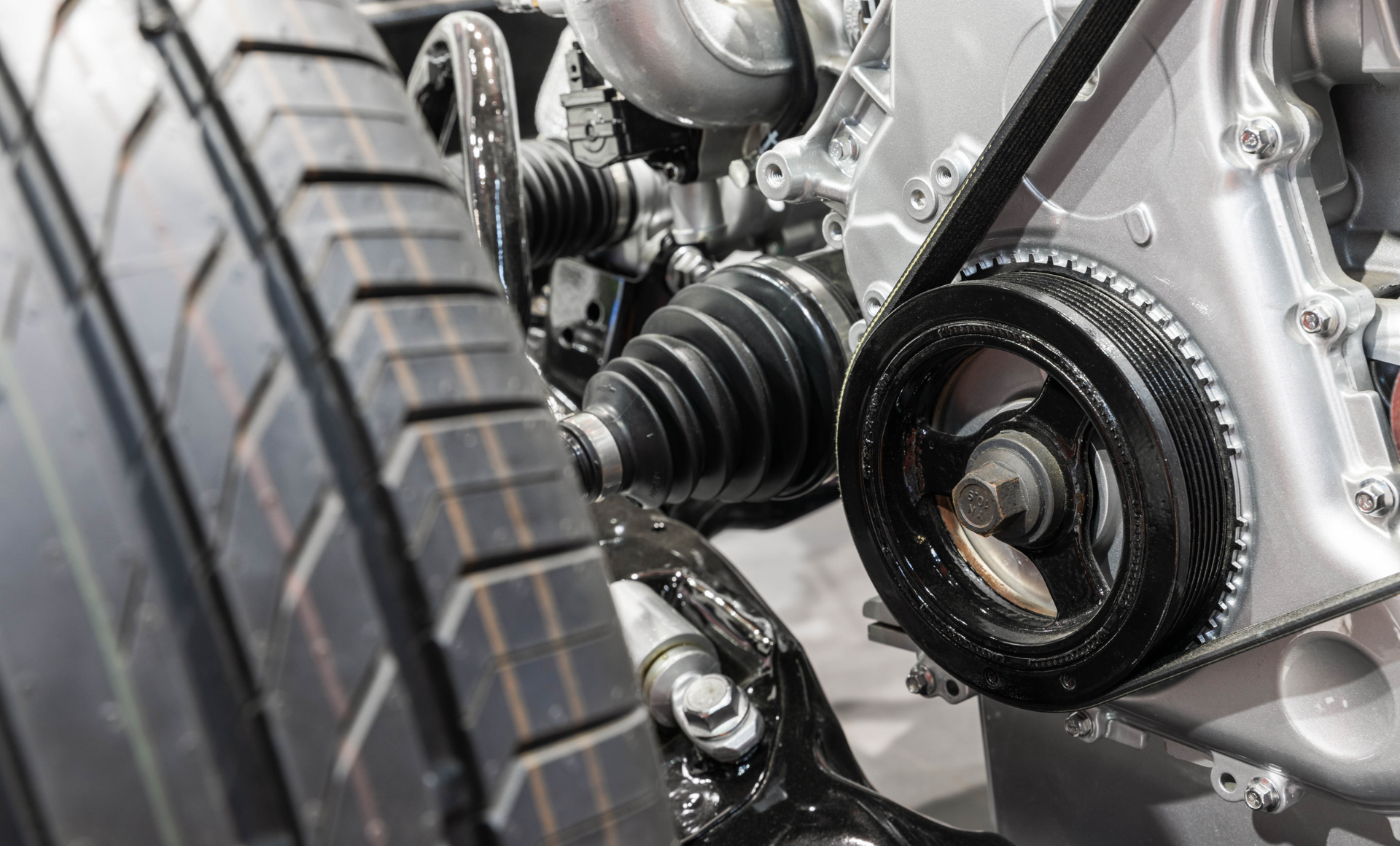The Effects of Ethanol Blend Gasoline

Believe it or not, not all gas is the same.
Despite having to meet physical and performance specifications such as octane rating, lubricating ability, energy value, and carbon residue, consumers are noticing a difference in gasoline from one station to another.
Ethanol plays a big role in this dilemma, causing fuel and performance issues for owners. Despite a few positive features (non-toxic, mixes well with gasoline, and it helps reduce emissions), consumers are looking for ethanol free gas stations.
The Damage Caused by Ethanol Blends
Not only do ethanol gasoline blends reduce your vehicles mileage, but it can effect your car, boat or small equipment engine.
Vehicle engines don't have this problem, but small engines can be damaged if the ethanol content in the fuel you use is too high. That’s one reason AAA has come out against the new 15% ethanol blends. They’re only supposed to be used in the newer engines.
 Ethanol problems facing consumers include:
Ethanol problems facing consumers include:
- Water accumulation in the gas tank
- Deposit build-up
- Loss of power
- Rough running
- Fuel phase separation
If it’s hard for you to find ethanol-free gas, then it’s also hard to avoid the damage and negative effects that ethanol can cause to your engine and equipment.
The Benefits of Choosing Bell Performance
At Bell Performance, we have been developing products for improved performance and reliability for consumers and businesses located across the United States, Canada, and around the globe.
It's a new era at Bell Performance with a new website! To celebrate, Bell is proud to announce new discounted shipping rates for internet orders of quality Bell Performance commercial-grade treatments. Check out our flat rate shipping rates.



